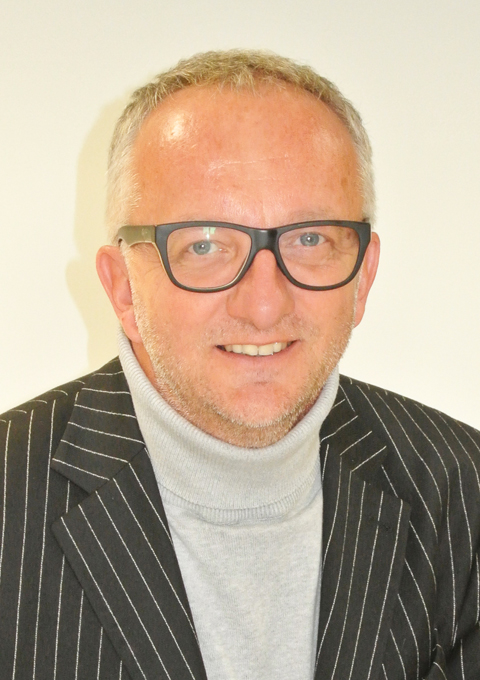-

-
-
CONTINUOUS TRAINING: FOUR QUESTIONS TO ERIK DUMON, manager of EDUC@TTITUDE
-
Cyrille Hassam pour Livecoiffure
 Erik Dumon dirige EDUC@TTITUDE
Erik Dumon dirige EDUC@TTITUDE
Your company offers continuous training to hairdressing professionals. According to you, why is it so important to be regularly trained ?
For at least three reasons. The firsts one is that each year is punctuated by new collections which require refresher courses. The second one is linked to a lack of initial training of the young persons, essentially practice, during their traineeship:
a development is then often required. The third reason is temporary: the turnovers and especially the profit margins of the hairdressing salons tend to decrease; this is generally due to low prices; but if you want to justify the necessary increase of the prices, the quality and the diversity of the services proposed the clients must be justified: this necessarily requires a training.Which kind of training do you propose to hairdressing professionals ?
The first type is obviously professional training. 20 independent, national or international trainers train hairdressers according to their needs: haircut, chignons, image consultancy and make over. Trainings on the basics for the persons who need to do it at their own speed or "elite" trainings for the more advanced ones.
The second type of training is more about management : coaching of managers, animation of reunions, public speaking, boosting the service and resale turnover. Finally, we accompany also the salons with the project management linked to the company problematic according to the size of the latter (more or less than 10 employees), in the form of an audit from which will result a training plan recommendation.The managers of hairdressing salons also need a continuous training ?
Nowadays, only 20% of the salons are under training and as if by chance these 20% come out best! So yes, it is necessary that the managers follow trainings. It is true for the "job" training and it is even more essential for all that deals with the company in itself so you can better control stakes. Two specific trainings are indeed necessary today owing to the modification of the amendments 13 and 23 of the collective agreement: the control of the problematic wages/ objective of the employee but also the yearly evaluation of the employee which has become compulsory for any hairdressing company.The training always must be considered like an investment. However, is it possible to be given aids for the partial or total defrayal of the training cost ?
Regarding the employees, a defrayal amounting to 23€ excluding taxes per hour is covered by the AGEFOS PME for all the trainings in relation with the profession. However, the legislation is going to change for the companies with more than 10 employees.
Regarding the managers, there are also aids covered by:
- FAFCEA amounting to 28€ excluding taxes per hour, with a ceiling of 100 hours of training per year. These aids are for the training modules linked to the practice of the profession and don't cover those in relation with management.
- via the training tax credit calculated by the accountant in proportion to the achieved trainings.
We are also at the disposal of the managers to help them and advice them with their choice.#yt:pYn8k0kMyow






